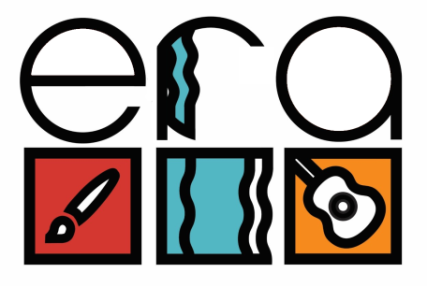Summary
The aim of the ERA study is to see if art therapy, dance movement therapy and music therapy groups are effective in reducing distress from common symptoms of mental illness in service users with different types of diagnoses.
Who can participate?
Anyone who is over the age of 18 with a main diagnosis of psychosis, mood or anxiety disorders, who is receiving treatment in the community at participating study sites can be taken through the eligibility questionnaire to see if the study is right for them. .
What does the study involve?
Participants in the study will be randomly assigned a place in either their preferred form of group arts therapy (art therapy, music therapy or dance movement therapy) or they will receive a place in group talking therapy. Participants will attend these groups twice per week for 20 weeks (5 months).
We will take participants through questionnaires at the beginning and end of treatment as well as 6 and 12 months after the groups have finished.We will then compare the two groups to explore the effect of arts therapies on participants’ symptoms and quality of life. There will also be optional interviews at the end in which we would like to hear about participant’s individual experiences with the therapy.
Read more information about what is involved for participants here.
What are the possible benefits and risks of participating?
Group therapy has been shown to be helpful for different reasons. It enables people to meet others who are in similar situations and the group can also be a useful source of support. Research suggests that arts therapies are enjoyable and can be helpful for people to express their feelings and interact with others. Some research suggests that arts therapies can help with different symptoms, but we cannot guarantee this.
Some people can feel worse before they start to feel better in group therapy. Group therapy can sometimes put us in touch with painful feelings or memories that can feel overwhelming. If any of this happens during group therapy, therapists will be there to offer support.
Some of the research questionnaires will ask about certain aspects which can be sensitive to discuss, such as your current symptoms as well as asking about other areas of your life. The researchers will support participants so that they feel as comfortable as possible answering these questions. The meeting can be stopped at any time if the participant feels they want to stop, or if they simply need a break. Participants are also not obliged to answer a question if they do not wish to.
Where is the study run from?
The trial management team are based at the Unit for Social and Community Psychiatry, Newham Centre for Mental Health, East London NHS Foundation Trust (UK) with support from the Pragmatic Clinical Trials Unit (PCTU) at Queen Mary, University of London.
When is the study starting and how long is it expected to run for?
The study started in September 2018. Recruitment to the study opened in February 2019 and closed in February 2023. The study is due to end in November 2024.
Who is funding the study?
The study is funded by the National Institute for Health Research, Health Technology Assessment programme (UK).
